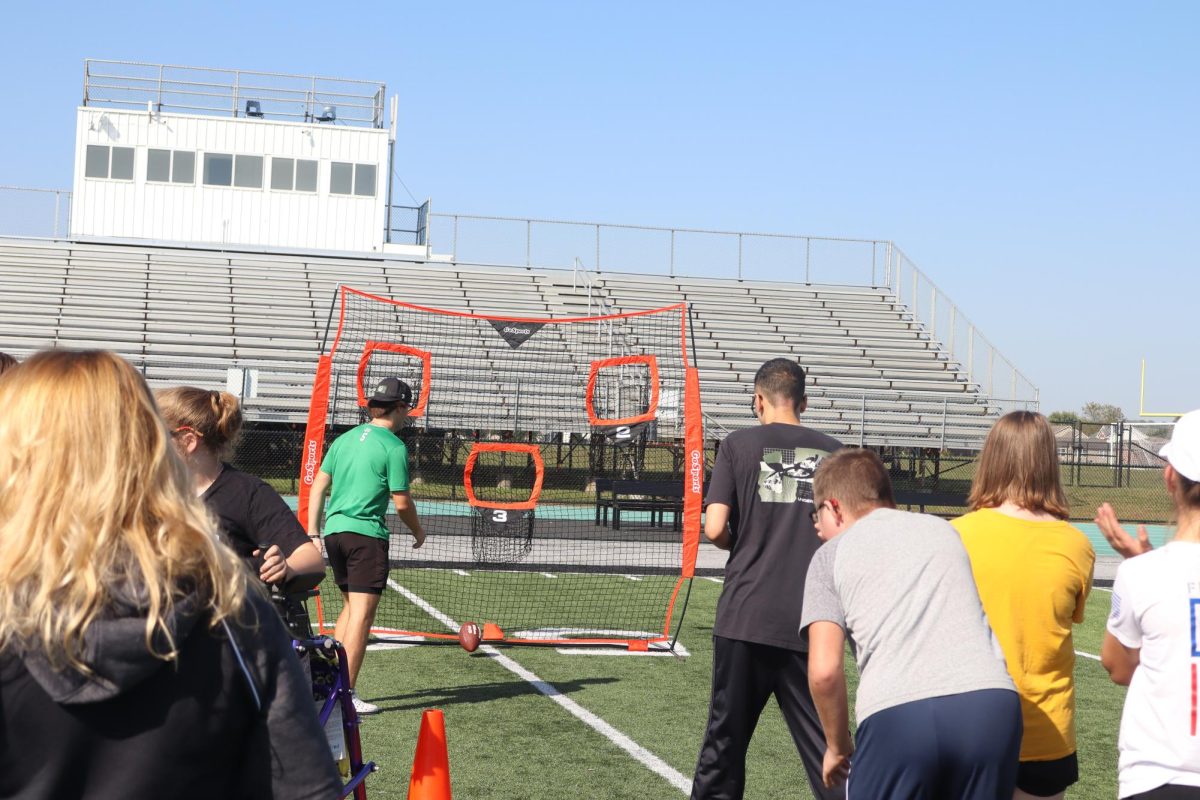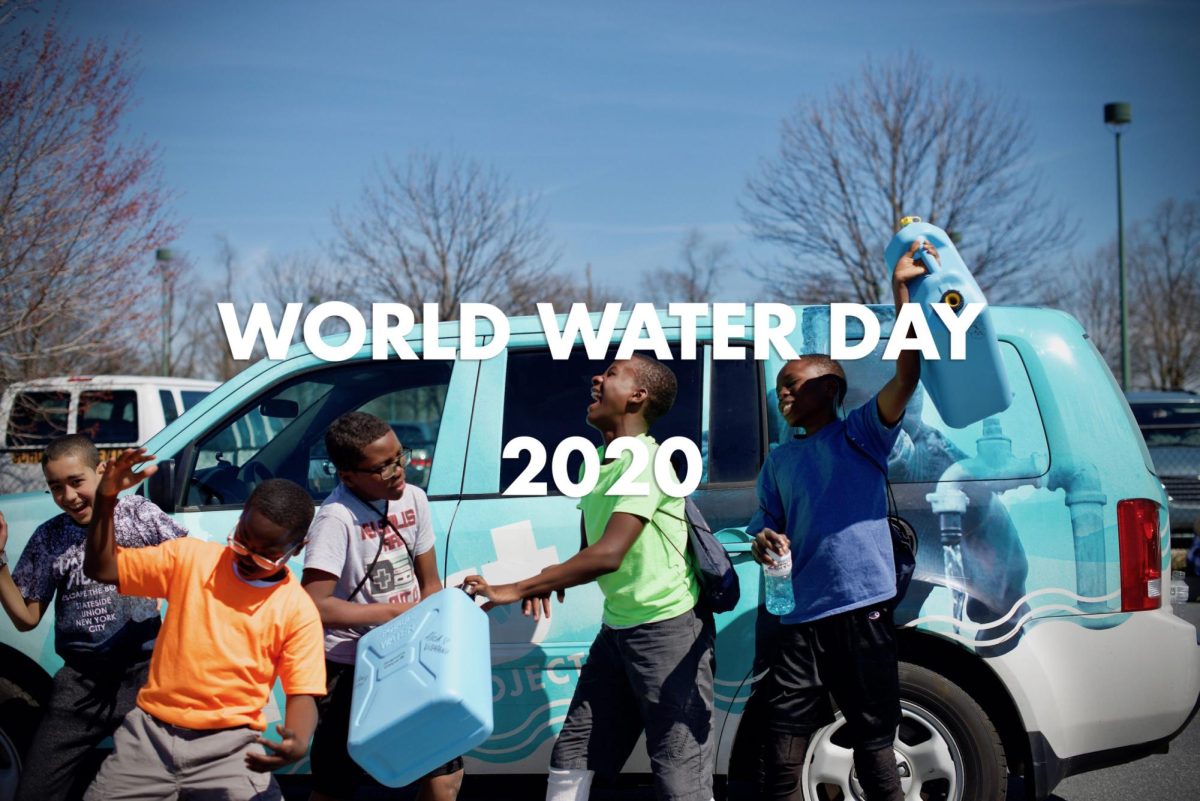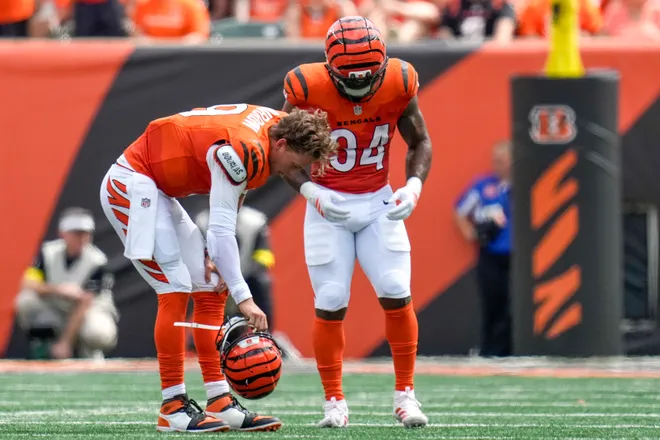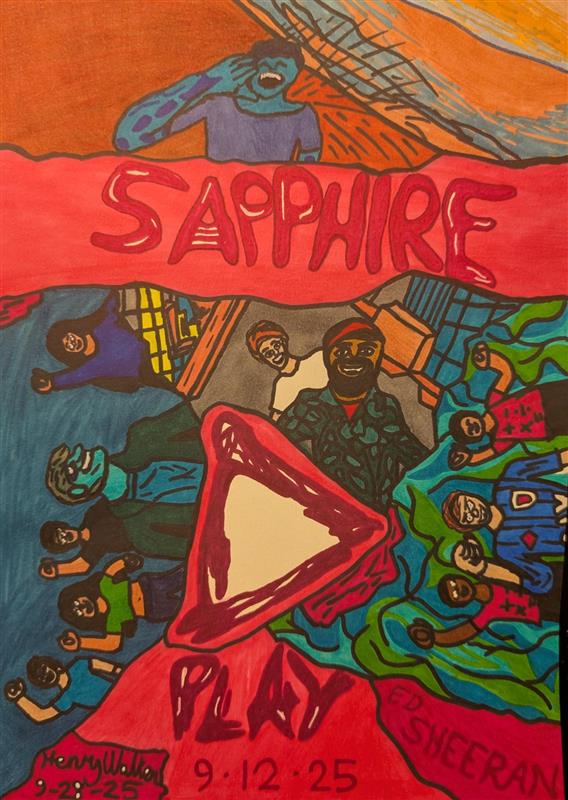News is not just for adults; it is a powerful force that shapes student’s lives, whether they know it or not.
News is all around us, from a friend’s new haircut to a new building in town, a law passed in your state, the election of a new president, or even a war breaking out overseas. While people of all ages engage with the news, it affects everyone in separate ways. News can be found in many ways. Some of the most common are broadcasting, social media, and told by word-of-mouth. Among all audiences, students are particularly impacted by global news, as it can influence their worldview, mental health, education, and awareness of international issues.
Student’s mental health is fragile. As they grow, they are developing their beliefs, identities, and understanding of the world. For some students, repeated exposure to global news can lead to anxiety, stress, or feelings of helplessness. However, global news can inspire action, empathy, and a sense of responsibility in students. The emotional effects depend not only on the news itself but on how it is delivered and discussed. Many students from William Henry Harrison High School believe hearing about global events motivates them to dig deeper and learn more.
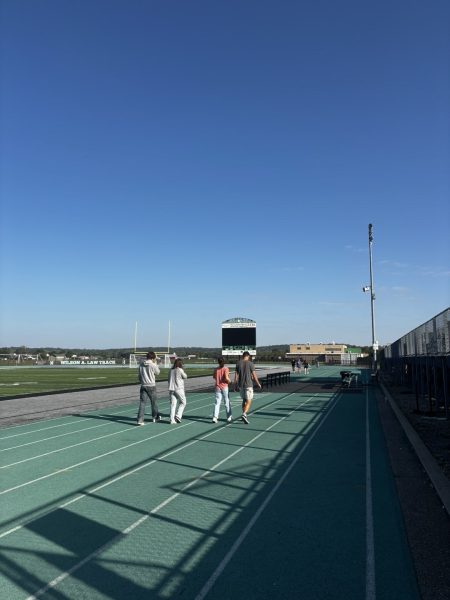
Misinformation is prevalent all over the news making it difficult to tell fiction from fact. Students will come across it while learning about the news. Misinformation can change their beliefs on the world. Conflicting information leads to confusion over major events. Misinformation is one of the main reasons that show why students should be taught about the news. One of the most important things a high school education needs to do is teach students to evaluate the quality of the information they are hearing.
When students are taught about the news in school, they gain many valuable lessons. One of the most important lessons is learning how to identify trustworthy news sources. Many news sources are more interested in their political agendas then they are in telling the whole truth, and this makes it hard for people to connect over ideas when both sides are presenting opposing facts. So one of the first steps in dealing with global news is figuring out what really happened. Becoming a sophisticated reader of the news is one of the most important skills kids can learn in high school because it will be important for their whole life.
Learning about news can make students curious about world events. They can play a more active role in their community and in other events like a canned food drive or shelter. Our Key Club showed a great way to do this in their Walk to Water event, which helped raise money to build wells in communities that don’t have them. This activity let kids take the rough reality that some people have a really hard time accessing things we take for grated, and do something with it! Students carried jugs of water around our track to help them understand what other people’s lives are like. This alone might seem overwhelming, but pairing it with raising money to help gives kids a way to help process bad news. When we are overwhelmed with news, we can follow Mr. Rogers (from Mr. Roger’s Neighborhood) advice when he said that to help children process bad news, tell them to look past the bad things happening and find the helpers. An even better way to process the news is to become one of the helpers.
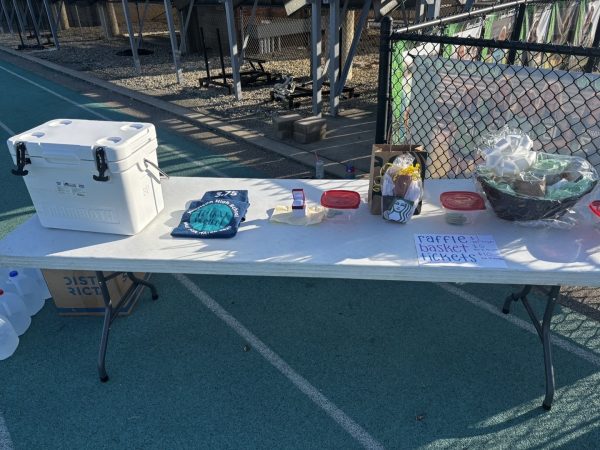
This deeper dive into events can help students process the news. Learning about the reasons behind global events helps students get a more compassionate and educated view. Most students today learn about the news through social media; it’s a quick and easy way to keep up with events, but there is a lot less protection from misinformation and is worse for your mental health.
Learning about the news extends beyond the classroom to many aspects of life. Learning about global events helps shape students into people who are informed, aware, and active in society. However, you need to balance news education with emotional support. It is the schools and parents’ responsibility to make sure students are not overwhelmed by negative events. Students need to be taught to look at the news with careful judgement and be open to seeing why these events happen. With the right help, students can have a healthy relationship with global news, letting them use it as a resource for knowledge and pushing them to be prepared individuals ready for the world.
